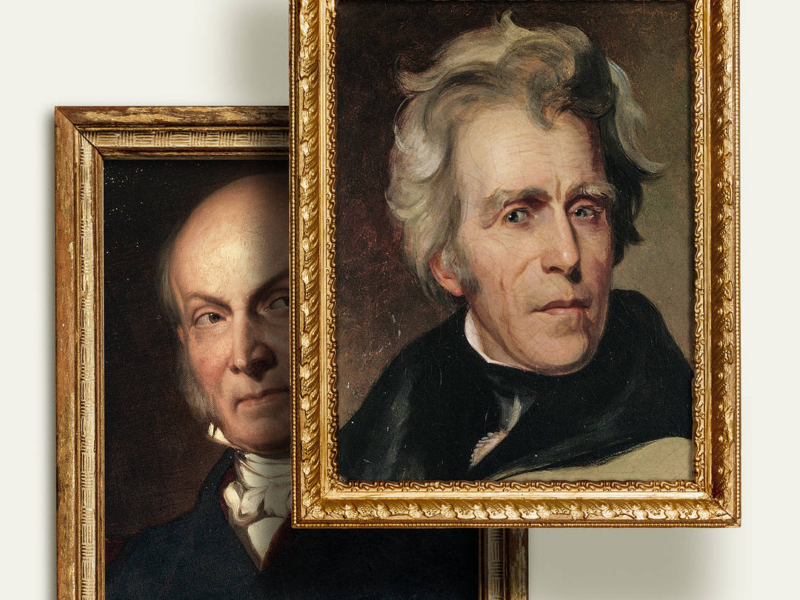Juneteenth, celebrated on June 19th, holds significant historical and cultural importance in the United States. It commemorates a pivotal moment in American history: the effective end of slavery. The name “Juneteenth” is a blend of the words “June” and “nineteenth,” the day when General Gordon Granger of the Union army arrived in Galveston, Texas, in 1865 and declared that all enslaved people in Texas were free by order of the President of the United States.

The significance of Juneteenth lies in its historical context. The Emancipation Proclamation, issued by President Abraham Lincoln on January 1, 1863, formally freed all slaves in Confederate territories. However, the enforcement of this proclamation depended largely on the advancement of Union troops. Texas, being a remote state and less affected by the war, had a slow pace of emancipation. Slaveholders had even moved there with their slaves to escape the fighting, unaware or indifferent to the Emancipation Proclamation.
General Granger’s announcement, known as General Order Number 3, began with: “The people of Texas are informed that, by a proclamation from the Executive of the United States, all slaves are free.” This momentous occasion marked a significant change in the lives of 250,000 enslaved people in Texas. The reactions among the newly freed slaves ranged from shock to jubilation. For many, this was the first they had heard of their freedom, despite the proclamation being over two years old.
Juneteenth celebrations began in Texas the following year, in 1866. At first, these celebrations were small and, given the ongoing racial tensions and segregation laws, often isolated. African Americans celebrated with church-centered community gatherings in Texas, a state that made Juneteenth an official holiday in 1980.
As African Americans migrated from Texas to other parts of the country, they carried the Juneteenth celebrations with them. Over the years, Juneteenth has evolved from these local celebrations into a national symbol of freedom. The day is marked with festive gatherings, picnics, and educational events. It is a time for reflection on the struggles and achievements of African Americans throughout history. Traditional foods, music, storytelling, and readings of historical documents like the Emancipation Proclamation are common.
In recent years, Juneteenth has gained broader recognition and has become a more mainstream occasion for celebrating African American culture and history. It is recognized as a state holiday or special day of observance in 47 of the 50 U.S. states and the District of Columbia.
Juneteenth’s recognition as a federal holiday came into the limelight following the Black Lives Matter protests in 2020, which brought renewed attention to issues of racial injustice and inequality in the United States. In this context, Juneteenth has been seen not only as a celebration of freedom but also as a symbol of the continued struggle for equality and justice for African Americans.
The observance of Juneteenth is not only a reflection of a critical turning point in American history but also a celebration of the enduring resilience and culture of the African American community. It serves as a reminder of the atrocities of slavery and the long, ongoing journey toward achieving racial equality and justice in the United States.


